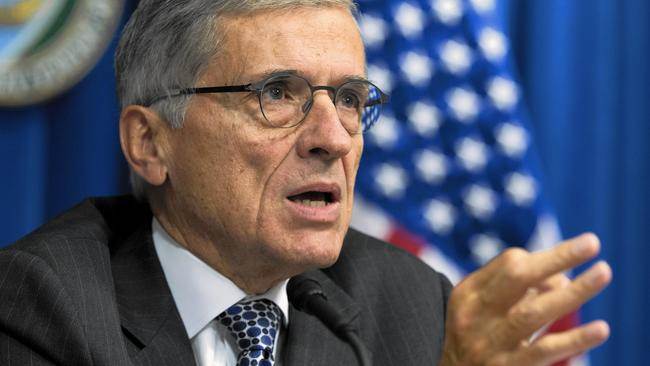The U.S. Federal Communications Commission’s (FCC) 3-2 vote in favor of Net neutrality last month hasn’t silenced opponents of an open Internet. If anything, the rhetoric from the other side has grown louder and even more heated since the FCC released its 400-page order earlier this month.
In a hearing of the U.S. House Committee on the Judiciary on Wednesday, for example, Republican Rep. Louie Gohmert of Texas shouted at FCC Chairman Tom Wheeler, “You’re playing God with the Internet.” Even the title of the hearing — “Wrecking the Internet to Save it? The FCC’s Net Neutrality Rule” — illustrated the visceral reaction the FCC order has generated among opponents.
Earlier this week, the first two challenges to the FCC order were filed in court in New Orleans and the District of Columbia. And on Tuesday, FCC Commissioner Ajit Pai — one of the two Republican commissioners who voted against the FCC order — said in testimony before the House Committee on Appropriations that Congress should block the FCC from using any funds to enforce Net neutrality.
Opt for the ‘Scalpel of Antitrust’
Another strategy being tested by critics of the FCC order is shifting Internet regulation from the FCC to the Federal Trade Commission (FTC), which enforces antitrust and other commerce-related rules.
Calling the FCC order a “heavy-handed solution that won’t work for a problem that doesn’t exist,” Pai told the Judiciary Committee that the FTC would be a better authority to oversee the Internet and protect consumer rights.
“Even if there were evidence of anticompetitive behavior in the broadband marketplace, antitrust laws would provide the appropriate framework for addressing the problem,” Pai said. “The scalpel of antitrust, not the sledgehammer of Title II common-carrier regulation, is the best guarantor of consumer welfare online.”
‘Pay-to-Play’ Threatens Innovation
“The whole open Internet debate burst into the public consciousness when a Republican-led FCC took action against Comcast for degrading the delivery of content. That decision was disallowed by the court,” Wheeler said in his comments to the Judiciary Committee.
Wheeler said under his leadership the FCC took a business-like approach to its order that was based on past successes with regulation in the wireless industry. Such regulations, for example, came to the rescue when large wireless carriers denied network access to the voice customers of smaller carriers, he said. “It was a Republican-led FCC that in 2007 invoked Title II to mandate open access,” he added.
Without open Internet rules, online innovators would suffer because of uncertainty over equal access to networks owned by telecom giants like Comcast, AT&T and Verizon, Wheeler said. “Openness without fear of pay-to-play is the key to innovation,” he said. “Similarly, if investors believe their capital will be siphoned off by the big network providers, or worse, their companies won’t be able to reach consumers, investment capital will dry up.”
Jarin:
Posted: 2015-03-26 @ 2:59pm PT
Ajit Pai is a bought-and-paid-for representative of the cable companies.







